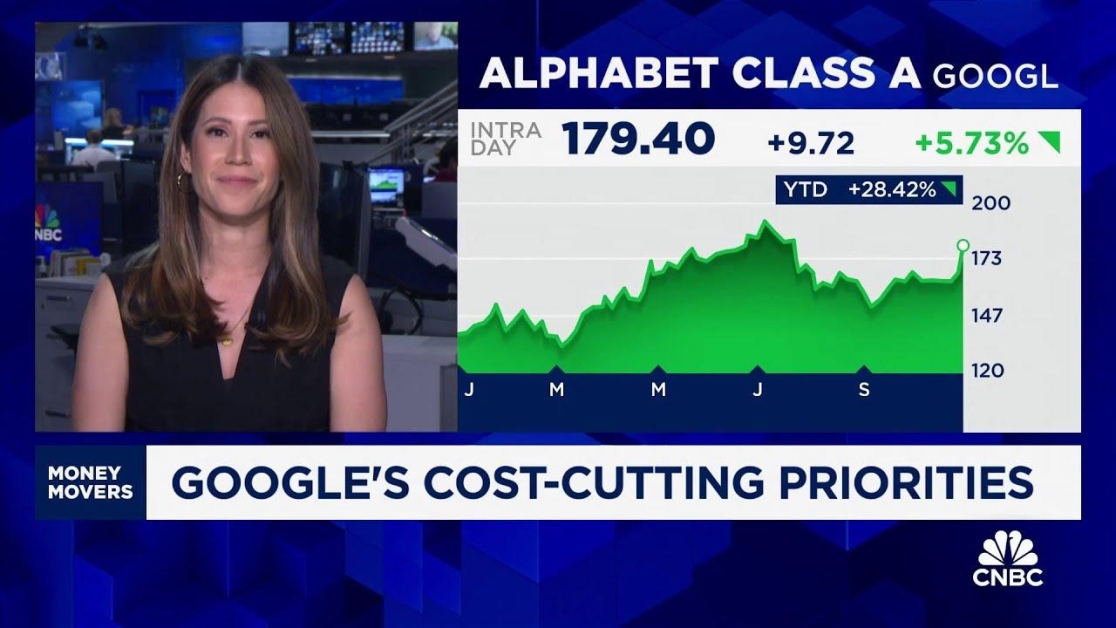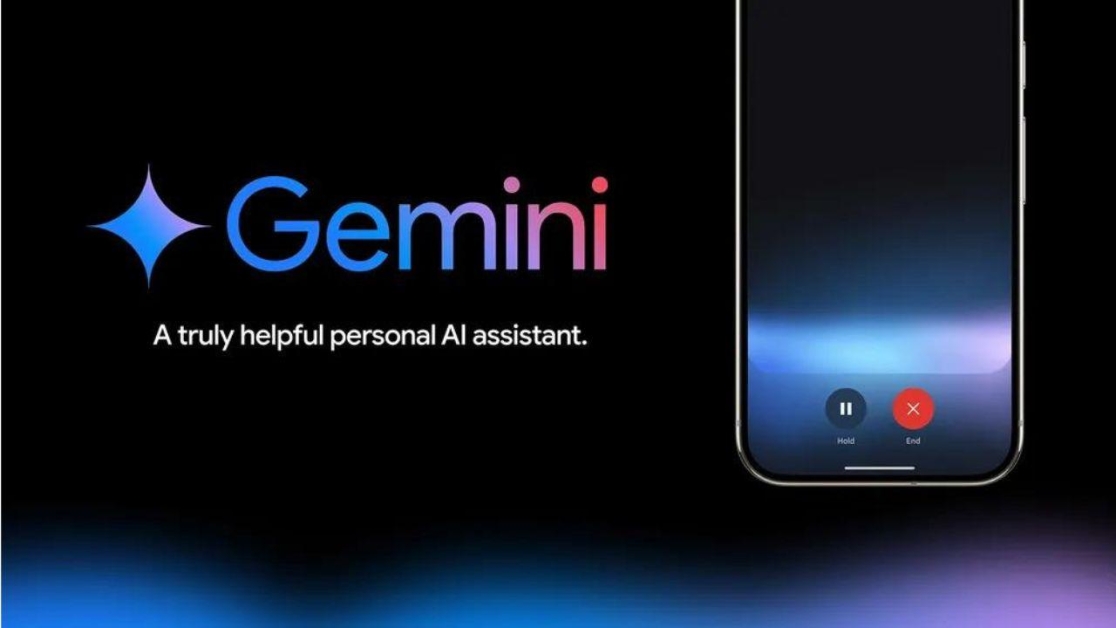Is AI Dominating Code Creation? Google’s Startling Revelation
In a world where technology is evolving at a breakneck pace, the rise of artificial intelligence in code creation is raising both eyebrows and expectations. The recent YouTube video titled “Is AI Dominating Code Creation? Google’s Startling Revelation” dives deep into an astonishing revelation from Google: over 25% of new code generated at the tech giant is now produced by AI. This figure not only underscores the rapid integration of AI into the coding process but also hints at a transformative shift within the tech industry itself. As Google continues to harness AI to enhance productivity and streamline costs, the implications for other tech behemoths like Amazon and Microsoft are hard to ignore. In this blog post, we will explore the fascinating insights shared in the video, examining how AI is reshaping code creation, boosting efficiency, and transforming business operations across the industry. Join us as we delve into the data, discussing what this means for the future of coding and the broader tech landscape.
The Transformational Impact of AI on Code Generation

Recent revelations at Google indicate a substantial shift in the landscape of code generation, showcasing the remarkable capabilities of artificial intelligence in this domain. Over 25% of new code at Google is now generated by AI, a statistic that carries significant implications for the entire tech industry. While the concept of AI-assisted coding isn’t new, the scale at which Google is leveraging this technology is astonishing. This transformation underscores a critical move from simple augmentation of human efforts towards a more integrated relationship where AI is instrumental in enhancing overall productivity and efficiency within large tech operations.
This advancement isn’t merely about elevating internal processes; it also reflects a broader trend in the tech ecosystem where companies are beginning to realize the potential cost savings and efficiency gains from generative coding. Similar strategies are being adopted by other major players, like Amazon, which claimed $260 million in savings resulting from its own initiatives in AI-driven code generation. As these companies report their earnings in the coming weeks, many will be keenly observing whether they will reveal similar successes in utilizing AI for code creation and how it contributes to their profitability. The potential for AI to create a seismic shift in coding practices is profound, positioning it not only as a tool for code creation but as a strategy for operational excellence in the hyper-competitive tech arena.
Efficiency Breakthroughs: How AI is Reshaping Productivity at Google
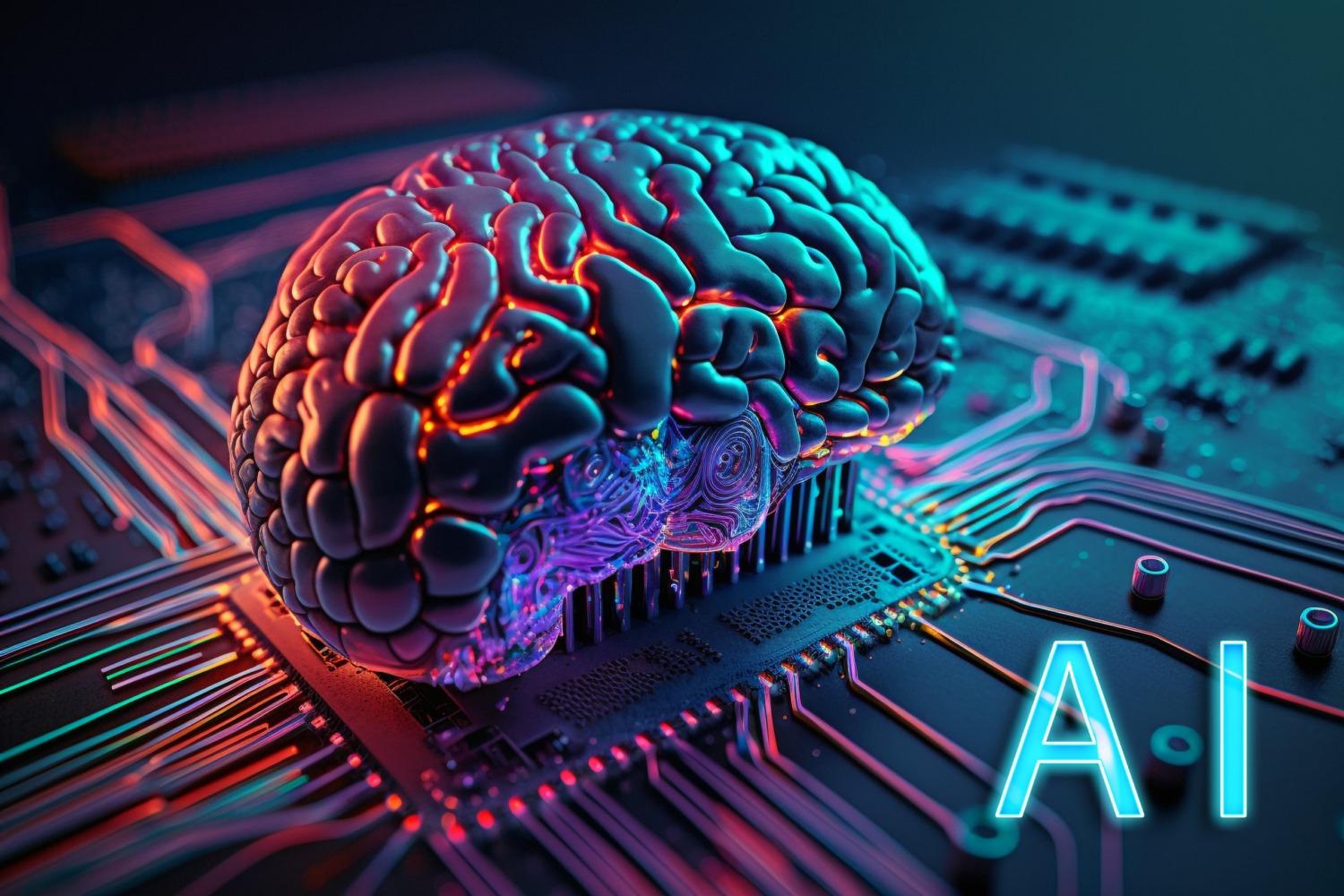
Recent developments at Google have revealed an astonishing trend: over 25% of all new code generated within the company is now created through AI technologies. This remarkable shift not only marks a significant milestone for Google but may also indicate a broader transformation in the tech industry. The implications are profound, hinting at potential productivity enhancements that can reshape how coding and software development are approached across various platforms. As other tech giants prepare to unveil their earnings, the focus is increasingly on how these companies might replicate Google’s success in harnessing AI for internal efficiencies.
In the latest earnings call, Co-CEO Pai emphasized that the integration of AI in code generation is directly boosting productivity and operational efficiency at Google. The company previously struggled with profitability in its Cloud segment, yet it has now reported an impressive operating margin of 17.7%, significantly outperforming its previous figures. To contextualize this leap in performance, consider the following comparison of operating margins from major cloud service providers:
| Company | Operating Margin |
|---|---|
| Google Cloud | 17.7% |
| AWS | 35% |
| Microsoft Azure | Data not disclosed |
This newfound efficiency is not just a fleeting phase but a solid strategy for cutting costs, as highlighted by CFO Ash Kazzi’s commitment to drive further cost reductions. With competitors like Amazon already witnessing significant savings through generative coding, the challenge lies in how other tech firms will adapt and implement similar strategies to maintain competitiveness in a rapidly evolving market.
Financial Implications of AI-Driven Development Across Big Tech
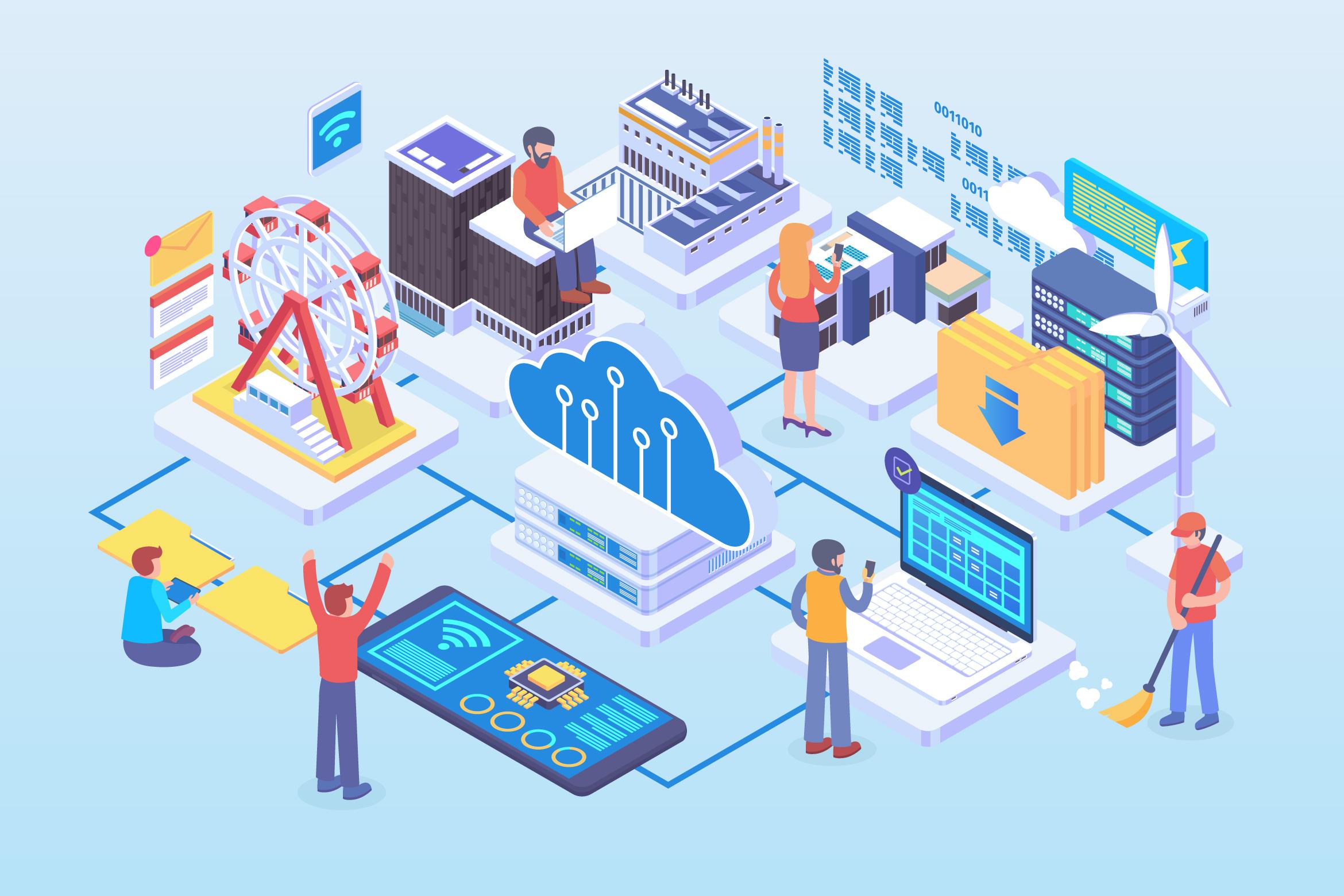
As evidenced by Google’s recent earnings report, the financial ramifications of AI-driven development are becoming increasingly pronounced within big tech companies. With more than 25% of all new code generated by AI, businesses like Google are not only enhancing productivity but are also transforming their operational cost structures. This shift can lead to significant cost reductions and improved operating margins, as evidenced by Google Cloud’s operating margins rising to an impressive 177%—a remarkable leap from previous performance. Such advancements highlight the potential for AI to redefine profit margins and operational efficiency in the tech landscape.
The broader implications for the industry are compelling, particularly with major players like Amazon and Microsoft poised to disclose their own advancements in AI coding efficiencies. For instance, Amazon’s reported savings of $260 million, equating to 4,500 developer years through generative coding, signals an industry-wide trend where the financial benefits of AI implementation could reshape investment strategies. As competition intensifies, companies must navigate the dual challenges of harnessing AI for cost-saving while ensuring sustained investment in infrastructure. The question remains: how will these tech giants leverage their newfound efficiency to enhance shareholder value amidst escalating AI expenditures?
Future Prospects: Capitalizing on AI Innovations in Software Development
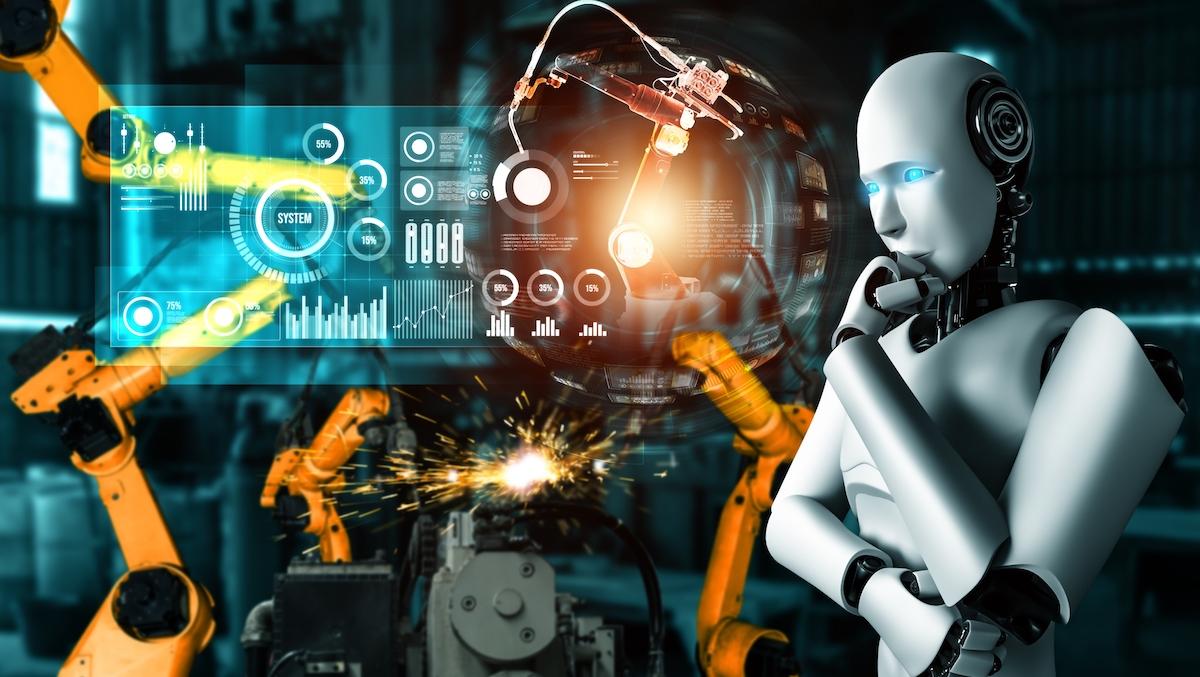
AI’s impact on software development is rapidly evolving, with Google at the forefront of this transformation. Recent reports reveal that more than 25% of new code at Google is now generated by AI technologies. This significant figure underscores the efficiency gains that AI brings not just to product offerings for clients but also to the foundational aspects of the company’s internal operations. As companies like Google recognize these enhancements, their focus expands beyond merely improving user experience to optimizing their own development processes, leading to increased productivity and operational efficiency.
The implications for the broader tech landscape are profound. Other players like Amazon and Microsoft are likely to follow suit, leveraging AI’s capabilities to improve their coding practices. With Amazon reporting savings of $260 million, equivalent to 4,500 developer years, on AI-assisted coding, the landscape is changing rapidly. As tech giants strive to bolster their profitability and fend off competition, one question looms large: how will they further harness AI innovations? Continuous investments in AI infrastructure and technology will not only enhance productivity but may redefine operational efficiencies across the industry, setting new standards for what is possible in software development.
Final Thoughts
As we wrap up our exploration of the intriguing revelations from the YouTube video, “Is AI Dominating Code Creation? Google’s Startling Revelation,” it’s clear that the role of artificial intelligence in the coding landscape is evolving at an astonishing pace. Google’s announcement that over a quarter of its new code is AI-generated is not just a statistic; it’s a potential game-changer for the tech industry. This shift illustrates how AI is enhancing productivity and driving efficiencies within big companies, reshaping their operational frameworks.
As other major players like Amazon and Microsoft prepare to report their earnings, the spotlight will undoubtedly shine on how they leverage generative coding to streamline operations and cut costs. The implications of these advancements could ripple through the industry, prompting tech giants to rethink their strategies and embrace AI-driven innovations wholeheartedly.
The key takeaway from this discussion is clear: AI is no longer just a supplementary tool; it’s becoming an integral part of the development process, influencing everything from capability enhancements to financial performance. As we continue to monitor this evolving narrative, one cannot help but wonder: what are the broader impacts of AI on creativity and employment in the tech sector? As we look to the future, the answers may redefine the very nature of coding and collaboration in a digital world. Thank you for joining us, and stay tuned for more insights as this dynamic landscape unfolds.


